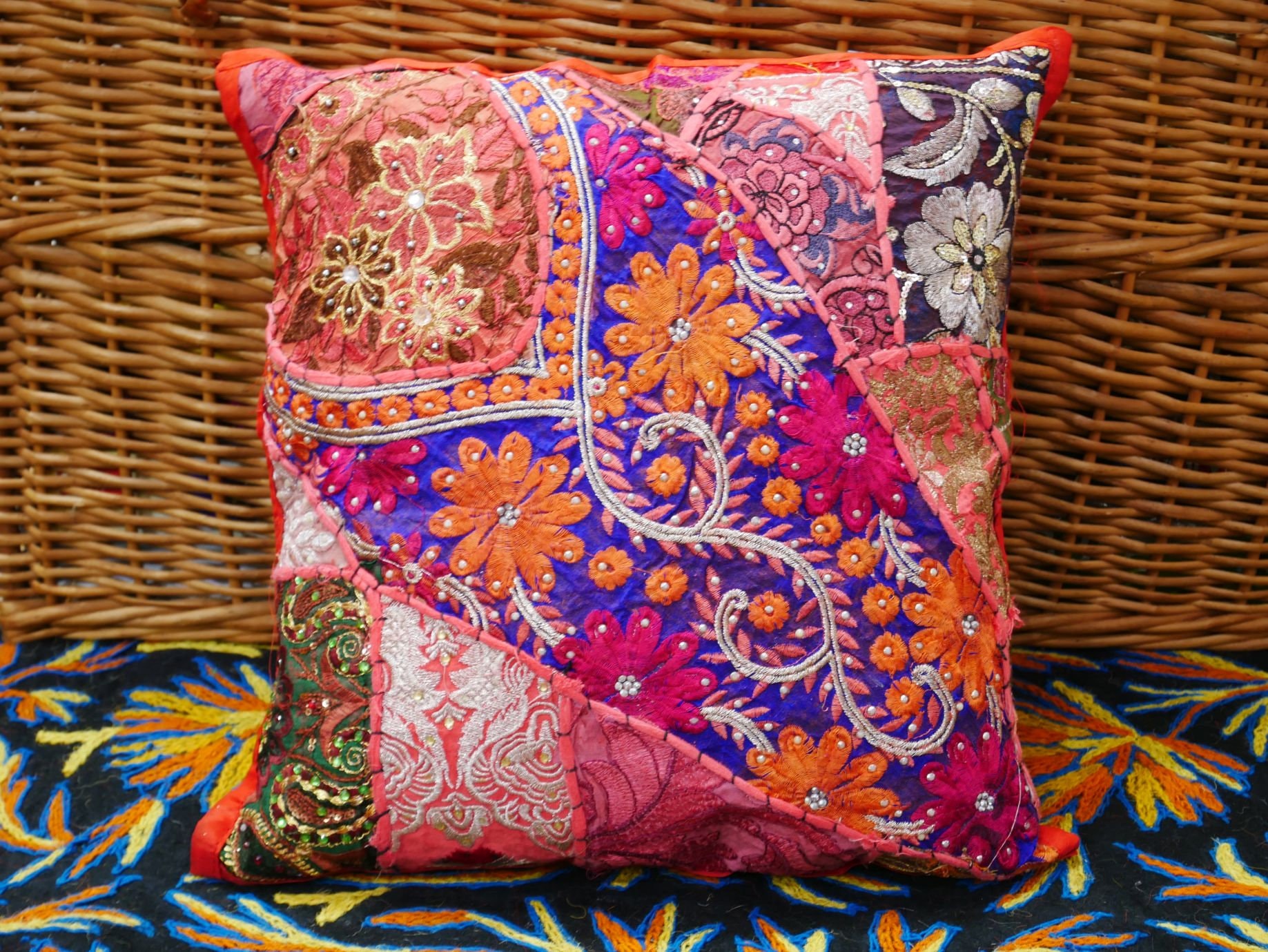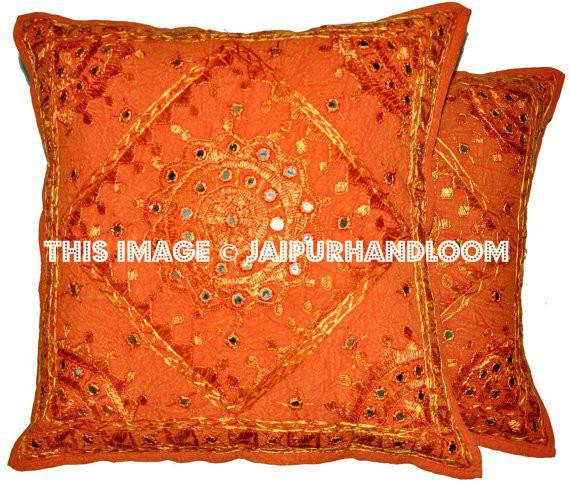Indian decorative pillows are not just accessories; they are vibrant pieces of art that can uplift the energy of your space. In this article, we’ll explore the different styles, benefits, and tips for incorporating these beautiful pillows into your home decor.
What Are Indian Decorative Pillows?
Indian decorative pillows, often known as cushions, are embellished with intricate designs that reflect India’s rich cultural heritage. They are made from various fabrics, including silk, cotton, and wool, and are typically adorned with embroidery, block prints, or mirror work.
Why Choose Indian Decorative Pillows?
- Vibrant Colors: Indian pillows boast bright hues that can instantly liven up any room.
- Cultural Significance: Each design tells a story that connects to India’s diverse traditions.
- Versatility: These pillows can complement various decor styles, from bohemian to contemporary.
Types of Indian Decorative Pillows
1. Cushion Covers
Cushion covers are a great way to add a pop of color without the commitment. They come in various sizes and can be easily swapped to refresh your aesthetic.
2. Bolsters
Bolster pillows are cylindrical and provide excellent support. They are perfect for adding texture to your sofa or bed.
3. Floor Cushions
Floor cushions are large, comfy pillows ideal for creating a cozy seating area, especially in informal settings.

4. Decorative Pillow Sets
Sets often include various designs and sizes, making it easy to create a cohesive look across your decor.
Materials Used in Indian Decorative Pillows
Cotton
Cotton is breathable and perfect for everyday use. It’s also easy to clean and maintain.

Silk
Silk brings an elegant touch but may require more care. It is often used in more formal settings.
Wool
Wool is warm and durable, making it ideal for winter decor.

Comparing Different Styles of Indian Decorative Pillows
| Style | Typical Materials | Best For | Care Instructions |
|---|---|---|---|
| Traditional | Silk, Cotton | Formal settings | Dry clean recommended |
| Bohemian | Mixed fabrics | Casual settings | Machine wash gentle cycle |
| Minimalist | Cotton, Linens | Modern decor | Spot clean only |
Benefits of Using Indian Decorative Pillows
1. Aesthetic Appeal
Indian decorative pillows instantly enhance the visual interest of your space.

2. Comfort
They provide additional support and comfort, making your seating areas more inviting.
3. Cultural Connection
Using these pillows allows you to celebrate and embrace the rich artistry of Indian culture.

How to Choose the Right Indian Decorative Pillows
Consider Your Color Scheme
Choose pillows that complement your existing decor. If your space is neutral, go for vibrant patterns to create a focal point.
Think About Texture
Mix different materials for a layered look that adds depth and interest.

Size Matters
Mix and match sizes to create a balanced look on your couch or bed.
Tips for Incorporating Indian Decorative Pillows into Your Home
1. Layering Techniques
Layer smaller pillows in front of larger ones for a professional look.
2. Grouping
Group pillows by patterns or colors for a cohesive focal point.
3. Seasonal Switches
Change out pillows seasonally to refresh your space and keep it feeling new.
Care and Maintenance of Indian Decorative Pillows
Washing Instructions
Always check the label for specific washing instructions. Generally, it is best to hand wash or use a gentle cycle.
Storage Tips
When not in use, store pillows in a dry place to prevent moisture damage.
Common Questions About Indian Decorative Pillows
What are the best places to use decorative pillows?
Decorative pillows can be used in living rooms, bedrooms, and even outdoor seating areas. They add comfort and style wherever placed.
How can I clean my Indian decorative pillows?
Cleaning methods will vary based on the material. Always refer to the care tag—most cotton and polyester pillows are machine washable, while silk may require dry cleaning.
Where can I buy authentic Indian decorative pillows?
Authentic Indian decorative pillows can be found in specialized home decor stores, online marketplaces, and directly from artisans at craft fairs or local markets.